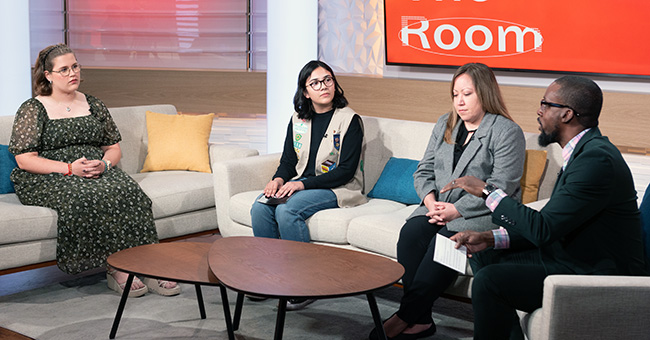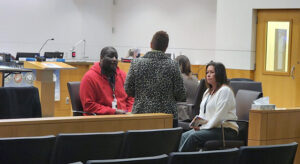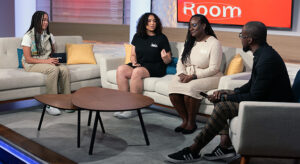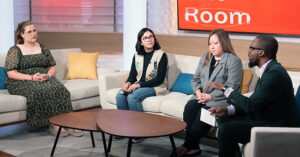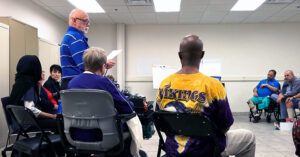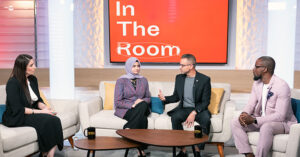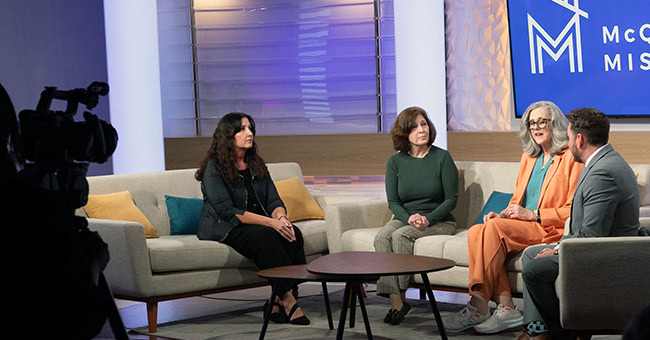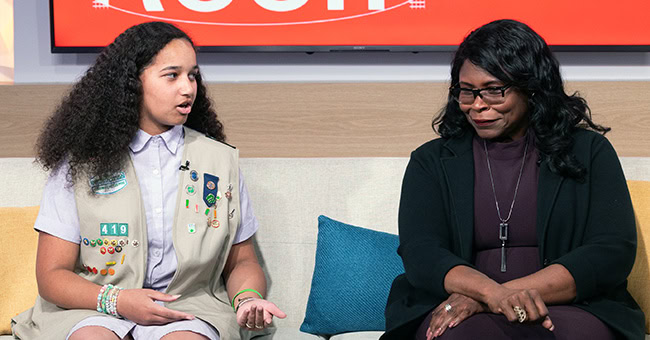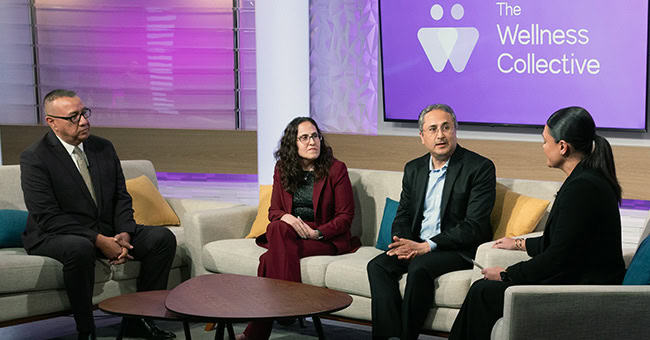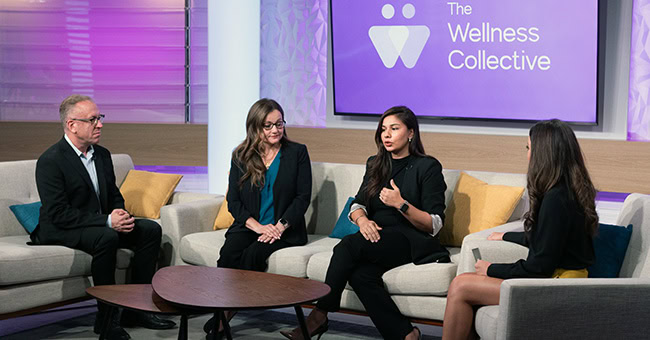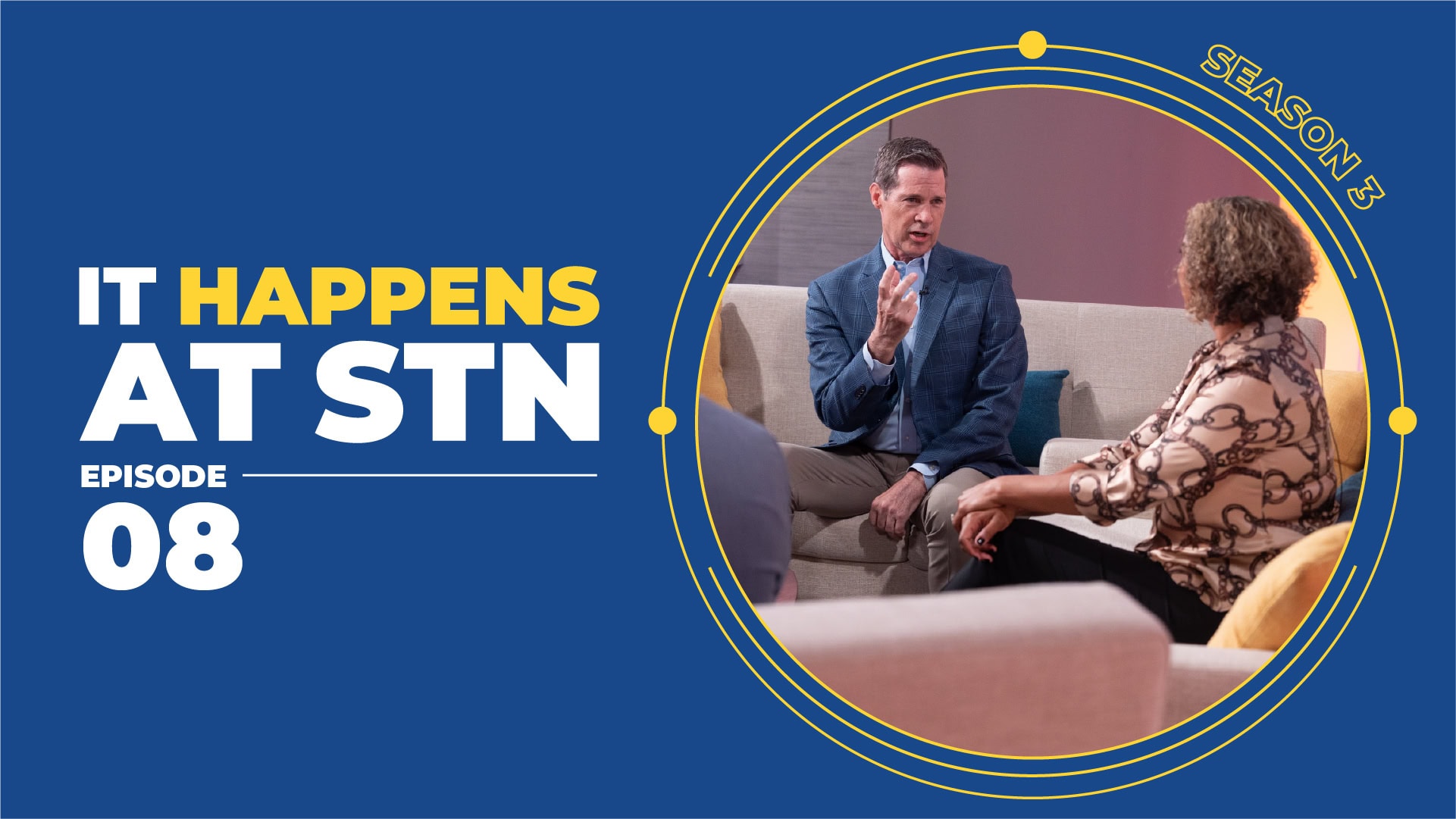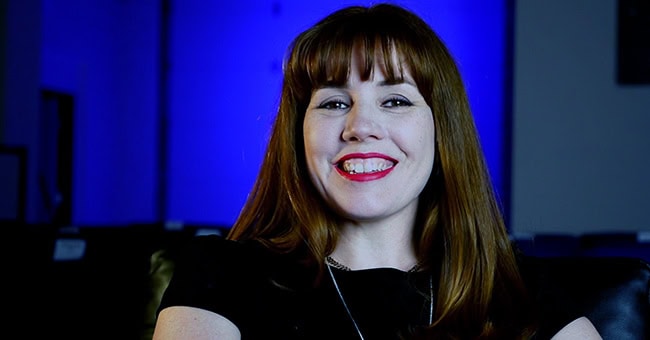Phoenix, Ariz. (STN) — Every swipe on social media can turn traumatic as images of war, mass shootings, death, and destruction dominate our social media feeds, resonating in our echo chambers.
In a constant barrage of bad news, it is crucial for young minds to be prepared and coached on how to cope with horrific headlines.
“Sometimes, it’s just to the point where I don’t really know what to think because it’s such a big topic where it can’t be dealt with in a matter of seconds,” said Nadia Kharoufeh.
The comments were part of a panel discussion during the November episode of “It Happens at STN,” focused on social media and teen health. Kharoufeh, who co-hosted the discussion with STN’s Lloyd Hopkins, is a high school student representing Girl Scouts Arizona Cactus-Pine. She was joined on stage by fellow scout Gina Ferroni and Kim McWilliams, the Senior Director of Clinical Excellence and Children’s Services at Terros Health.
McWilliams explained that one of the first things parents and mentors need to decide is the appropriate level of social media engagement for their child.
Watch the full panel discussion in the video below:
“I really think it depends on the age of the child and developmentally, emotionally, what they can handle,” McWilliams said. “For a younger child, it might be very appropriate to delete those apps so that they’re not exposed to that content at an age where they don’t understand it. When our children get older, especially in their teen years, that’s really a challenge for a parent to tell their teenager to delete something.”
That’s when, according to McWilliams, communication is key.
“In this situation where scenes are absolutely horrific and exposed to a parent needs to talk with their child, not to their child. Talk with them. Be curious. Really try to understand what that impression is on their child, how they’re feeling about it. Have that conversation.”
While communication is essential to understanding the dangerous effect bad news can have on developing minds, Ferroni maintained that disconnecting is helpful too.
“I think nowadays, especially with just the super big uptick in, essentially, just horrible things happening, it just doesn’t feel real half the time,” she said. “You already have so much that’s going on in your life, and you just cannot take the time to take that in. So you kind of have to compartmentalize those things, focus on my own life, focus on what I can control. Life’s not going to stop just because you saw this on your social media.”
Even as the youngest person on the stage, Kharoufeh helped wrap up the discussion with some sage advice for both teens and their parents.
“I was six when I saw war on TV for the first time,” she said. “It happens every day, and that’s what you learn to deal with. And you’ll learn. Even though it’s sad, it is something you’ll learn to handle.”


